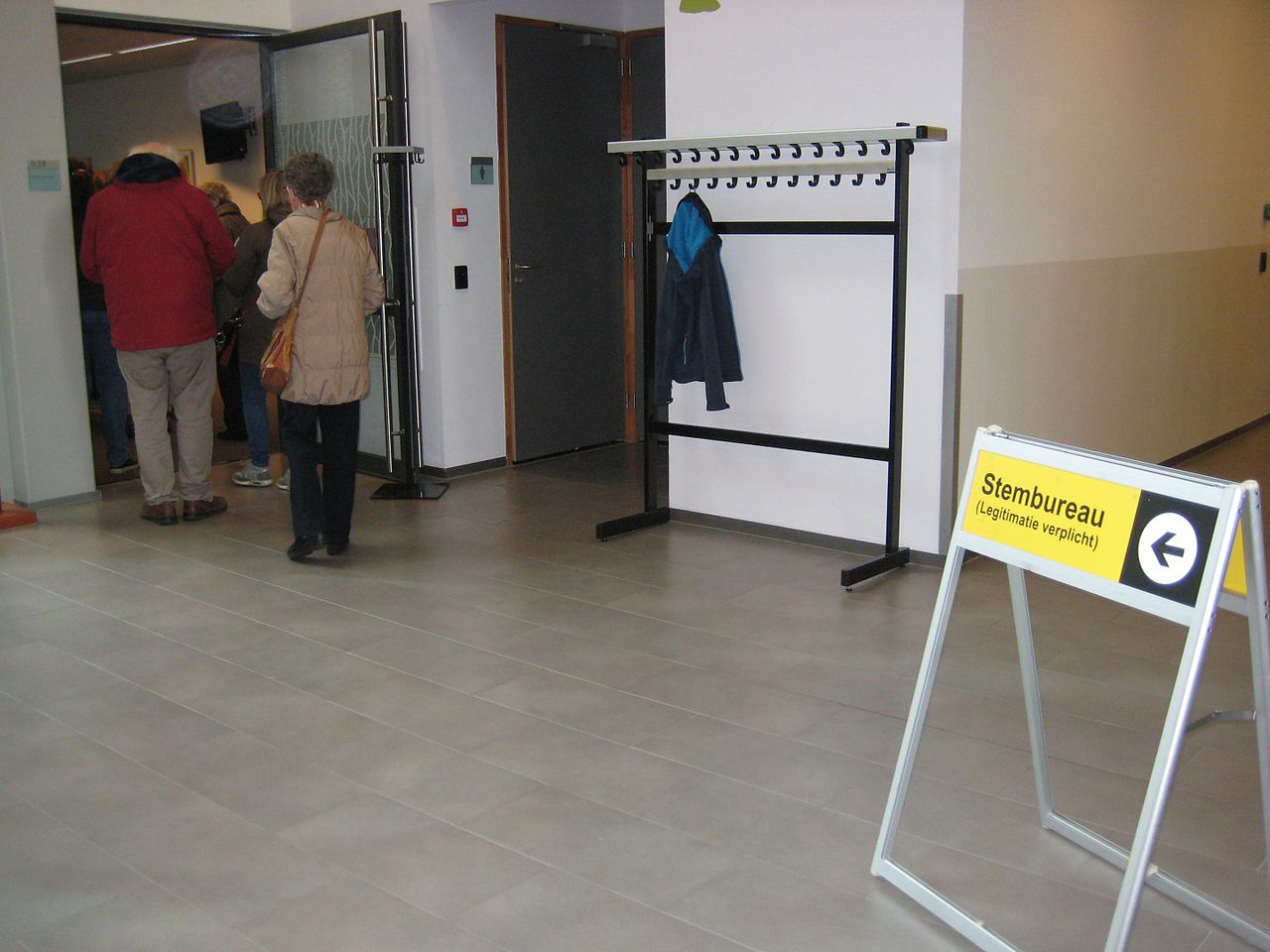Dutch Elections: Swing to the right with Turkish delight
The parliamentary elections in the Netherlands Wednesday produced a disastrous weakening of the left wing in Parliament and a strengthening of the parties at the center and the right side.
The Liberal Party of Prime Minister Mark Rutte, 50, came out on top with 33 of the 150 seats in Parliament, a considerable loss of eight seats, but still enough to make the Liberals by far the largest party.
The pre-election polls indicated that Mark Rutte would get no more than 25 seats, but he was helped considerably by the Turkish president Erdogan who started an international media offensive against the Netherlands, only a few days before the elections. This happened because the Dutch government did not allow Turkish ministers to enter the country, to make propaganda for the forthcoming pro-Erdogan referendum in Turkey.
 The Dutch feared that this would create tensions among the strongly divided Dutch-Turkish community of 400.000 people, and asked the Turkish government to refrain from political actions inside the Netherlands. But this request was neglected by the Turkish government, with the result that their two ministers were not allowed to enter the country. This infuriated President Erdogan and he called the Dutch facists and nazi’s, announced that he will bring the Netherlands to international justice and threatened with retaliatory measures.
The Dutch feared that this would create tensions among the strongly divided Dutch-Turkish community of 400.000 people, and asked the Turkish government to refrain from political actions inside the Netherlands. But this request was neglected by the Turkish government, with the result that their two ministers were not allowed to enter the country. This infuriated President Erdogan and he called the Dutch facists and nazi’s, announced that he will bring the Netherlands to international justice and threatened with retaliatory measures.
But amidst this international diplomatic upheaval, the boyish Prime Minister Mark Rutte kept his calm and eternal smile, which endeared him to many Dutch voters who rewarded him with an extra eight seats in Parliament.
The populist right wing Freedom Party of Geert Wilders gained five seats and is now the second largest party with 20 seats, but that is far less than earlier polls that went as high as 35 seats. The reason is probably that Wilders was largely absent from the election debates and did not make a strong impression, maybe because he knew that he had no chance whatsoever to join the new government.
Other winners were the Christian Democrats, who rose from 13 to 19 seats, and the Liberal Democrats, who went from 12 to 19 seats.
Also the environmentalist ‘Green Left’ gained ten seats, from four to 14, but this spectacular gain on the left was more than undone by the loss of one seat by the Socialist Party (now 14) and the disastrous outcome for the Labor Party, which has only nine seats left of its former 38.
Other parties that did well are the Animal Party (from two to five seats), the 50+ party for senior citizens (from two to four seats). New are the Forum for Democracy with two seats, and ‘Think’ with three seats. This latter party gets it votes from the Dutch-Turkish community, and it is now regarded with some suspicion by many, because its leaders did not comment on the fierce and insulting anti-Dutch slogans of President Erdogan.
In general these elections show that the Dutch made a choice for center-right politics with a strong pro-EU standpoint, which already brought in the relieved compliments from other European heads of government and the EU leadership.
It is not yet clear what new coalition government will result from these elections, but at least four parties are needed for a majority, and a center-right coalition of Liberals, Christian Democrats, Liberal Democrats and Christian Union now seems the most obvious choice.

René van Slooten is a leading ‘Poe researcher’, who theorizes that Poe’s final treatise, ‘Eureka’, a response to the philosophical and religious questions of his time, was a forerunner to Einstein’s theory of relativity. He was born in 1944 in The Netherlands. He studied chemical engineering and science history and worked in the food industry in Europe, Africa and Asia.The past years he works in the production of bio-fuels from organic waste materials, especially in developing countries. His interest in Edgar Allan Poe’s ‘Eureka’ started in 1982, when he found an antiquarian edition and read the scientific and philosophical ideas that were unheard of in 1848. He became a member of the international ‘Edgar Allan Poe Studies Association’ and his first article about ‘Eureka’ appeared in 1986 in a major Dutch magazine. Since then he published numerous articles, essays and letters on Poe and ‘Eureka’ in Dutch magazines and newspapers, but also in the international magazines ‘Nature’, ‘NewScientist’ and TIME. He published the first Dutch ‘Eureka’ translation (2003) and presented two papers on ‘Eureka’ at the international Poe conferences in Baltimore (2002) and Philadelphia (2010). His main interest in ‘Eureka’ is its history and acceptance in Europe and its influence on philosophy and science during the late 19th and early 20th centuries.

